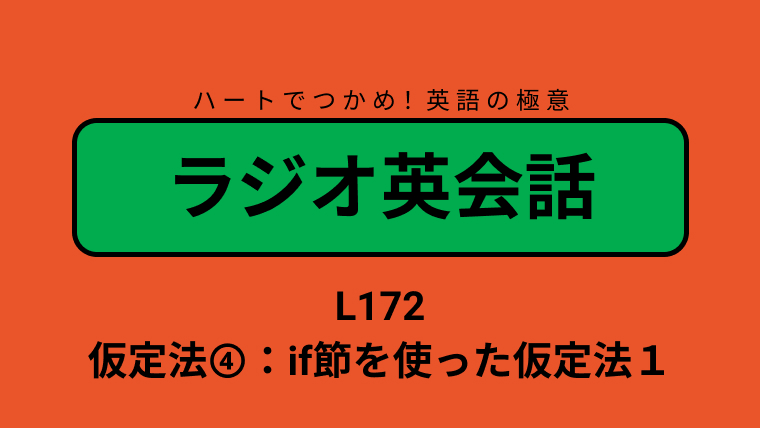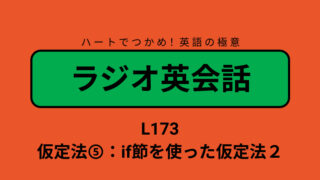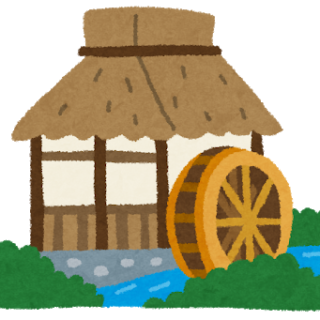NHKラジオ英会話のディクテーション「仮定法④:if節を使った仮定法1」L172 2021/12/14

ィクテーション
講師陣の英会話を書きとり(スクリプト)
大西先生、クリスさん、ろーざさんの英会話部分を書きとってみましょう!(大西先生のギャグもできるだけ書きとります。)
Opening
Ohnishi: ♪ホンワカ、ホンワカ、アリエナイでホンワカ、イェイ!♫
Roza: イェイ!
ラジオ英会話ハートでつかめ英語の極意、講師の大西泰斗です。
Roza: Hey everyone. Akino Roza here. 先生、なかなかいい歌だったじゃないか。
Ohnishi: うん。
Chris: Hi guys, Chris McVay here. ♪I agree with you it was a wonderful opening.♫
Ohnishi: さぁそれではさっそく始めていきましょう。
ダイアログ和訳の後 5:35
Chris: Well, our textbook is surely not too hard to understand. And by the way, take as long as you like to read it.
Roza: OK.
Practice 10:45
Chris: OK guys, are you ready to practice the key sentence? I’m sure you are. Let’s split it into two to make it easier. “If he stopped complaining …”, now this is not going to happen. That’s the feeling behind this. It’s just not going to happen. Therefor, when we look at the second part, “… out team would work more efficiently”, “would” is the most natural choice instead rather than “will”, because of the impossibility of the first part. Are we ready to do it together? “If he stopped complaining, our team would work more efficiently.” Try?
OK, little bit more feeling, impossible the first half, therefor “would” conditional past tense in the second part. Ready? “If he stopped complaining, our team would work more efficiently.”
Now you’ve got it. Well don, guys.
instead は無くて、natural choice rather than ~かもです。
Ending
Chris: If I were more courageous, I would try the same thing but I’m not.
Ohnishi: と言うわけで今日はこの辺で。
All: Bye.
~ ディクテーションした内容やその解釈などに、聞き間違いや認識違いがある可能性はあります。ご了承ください ~


